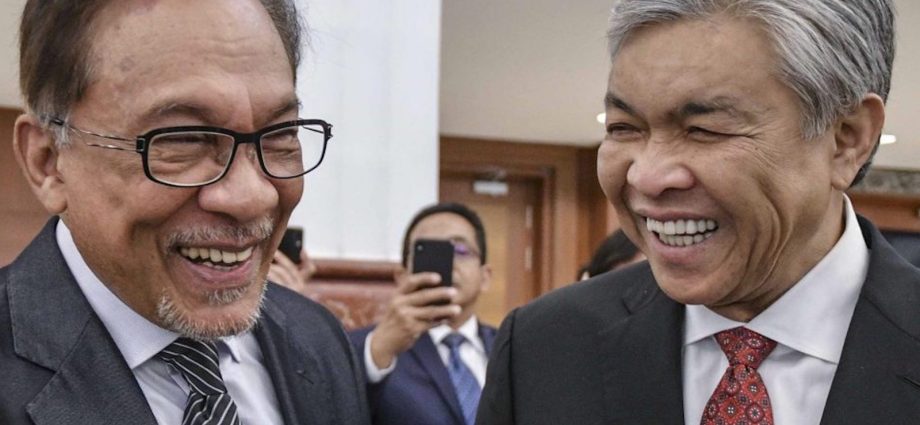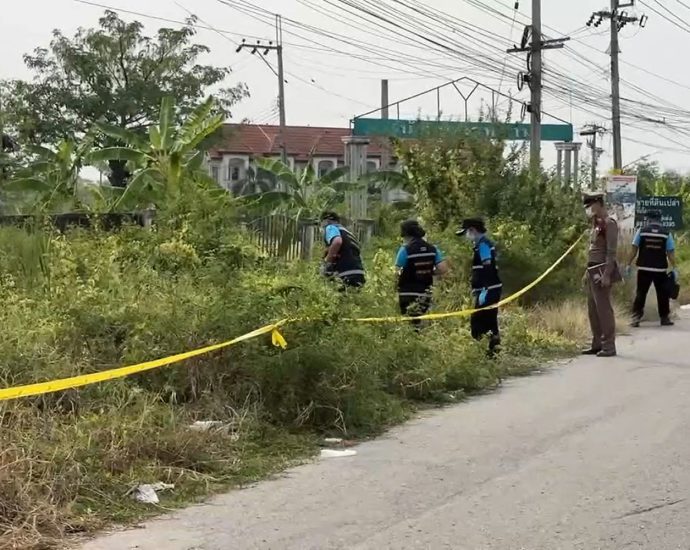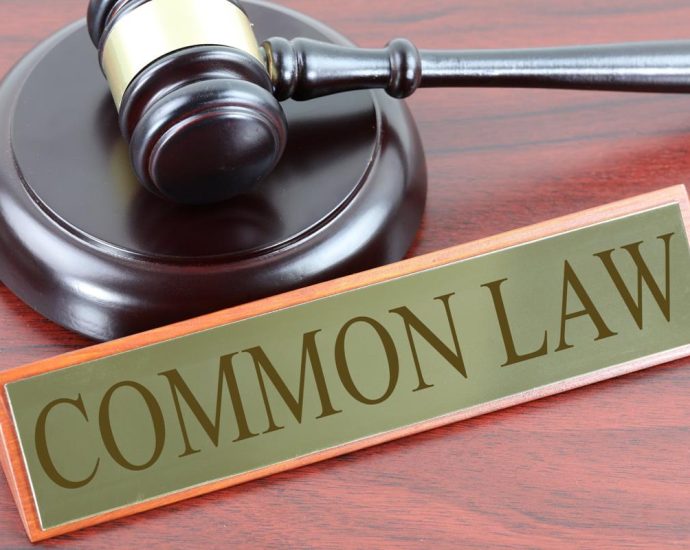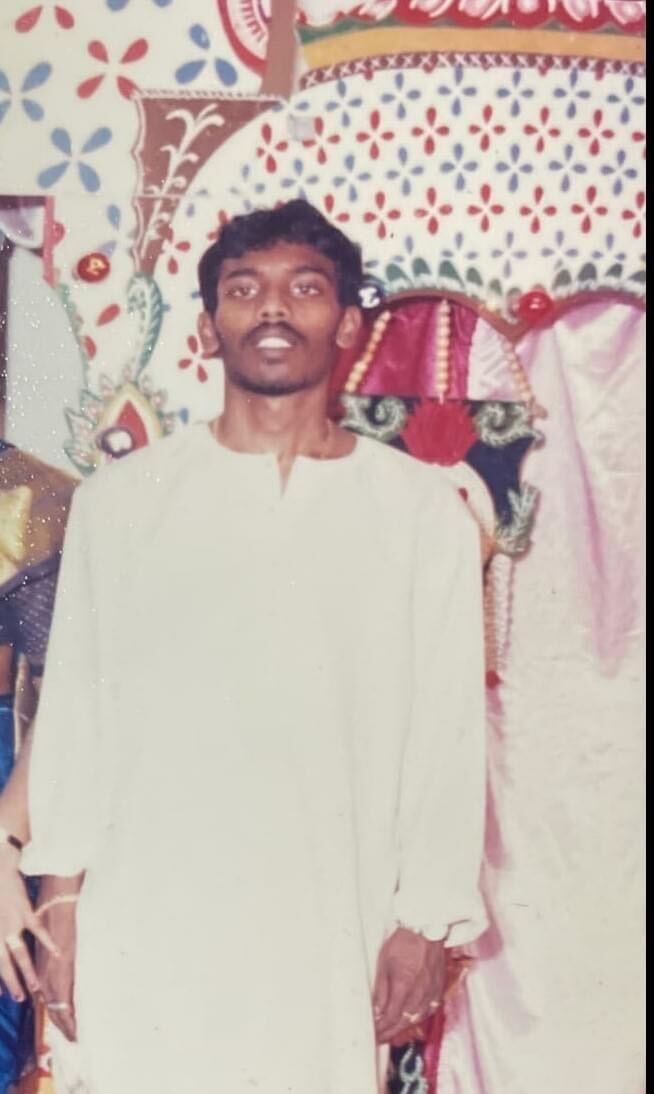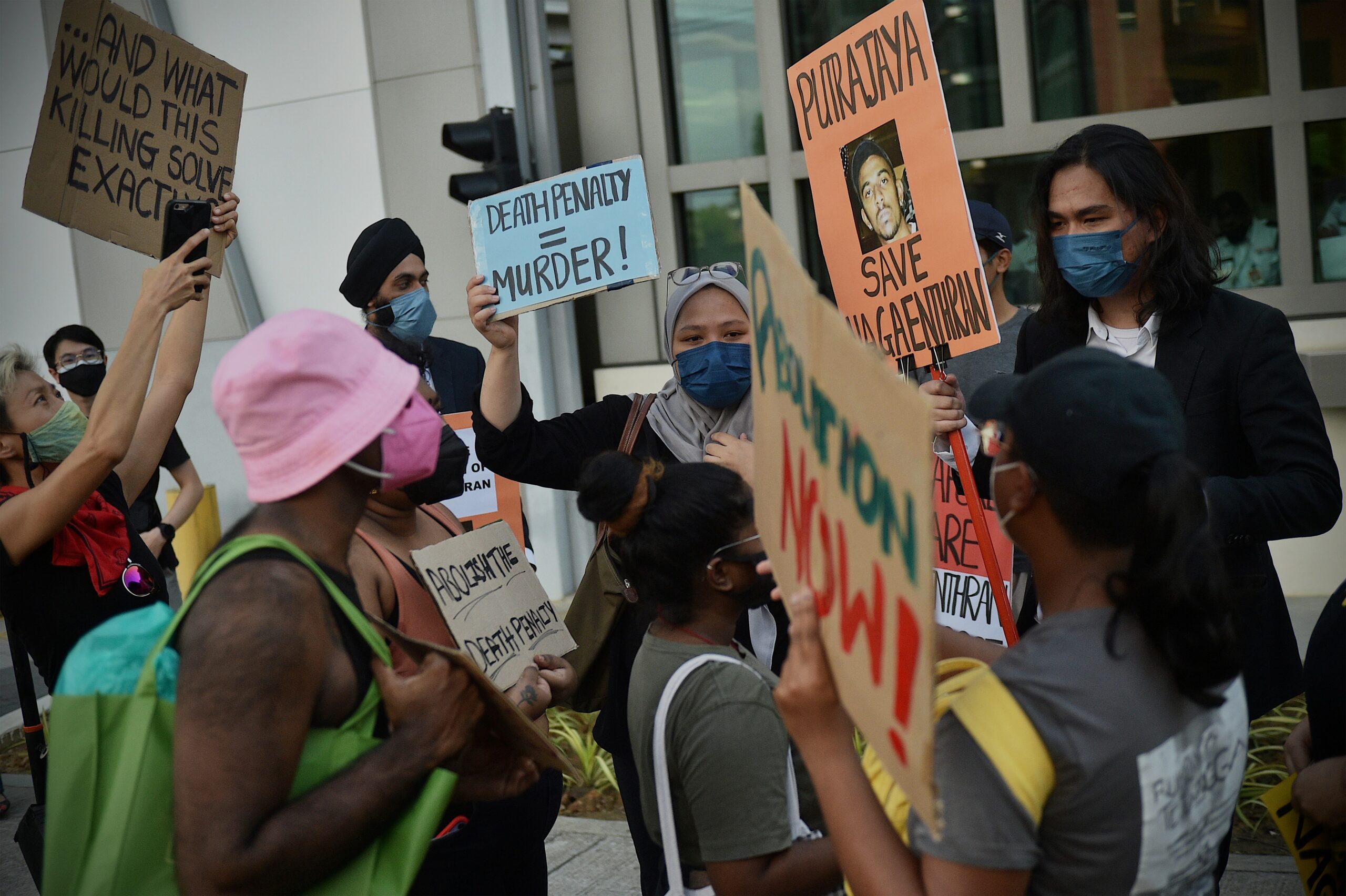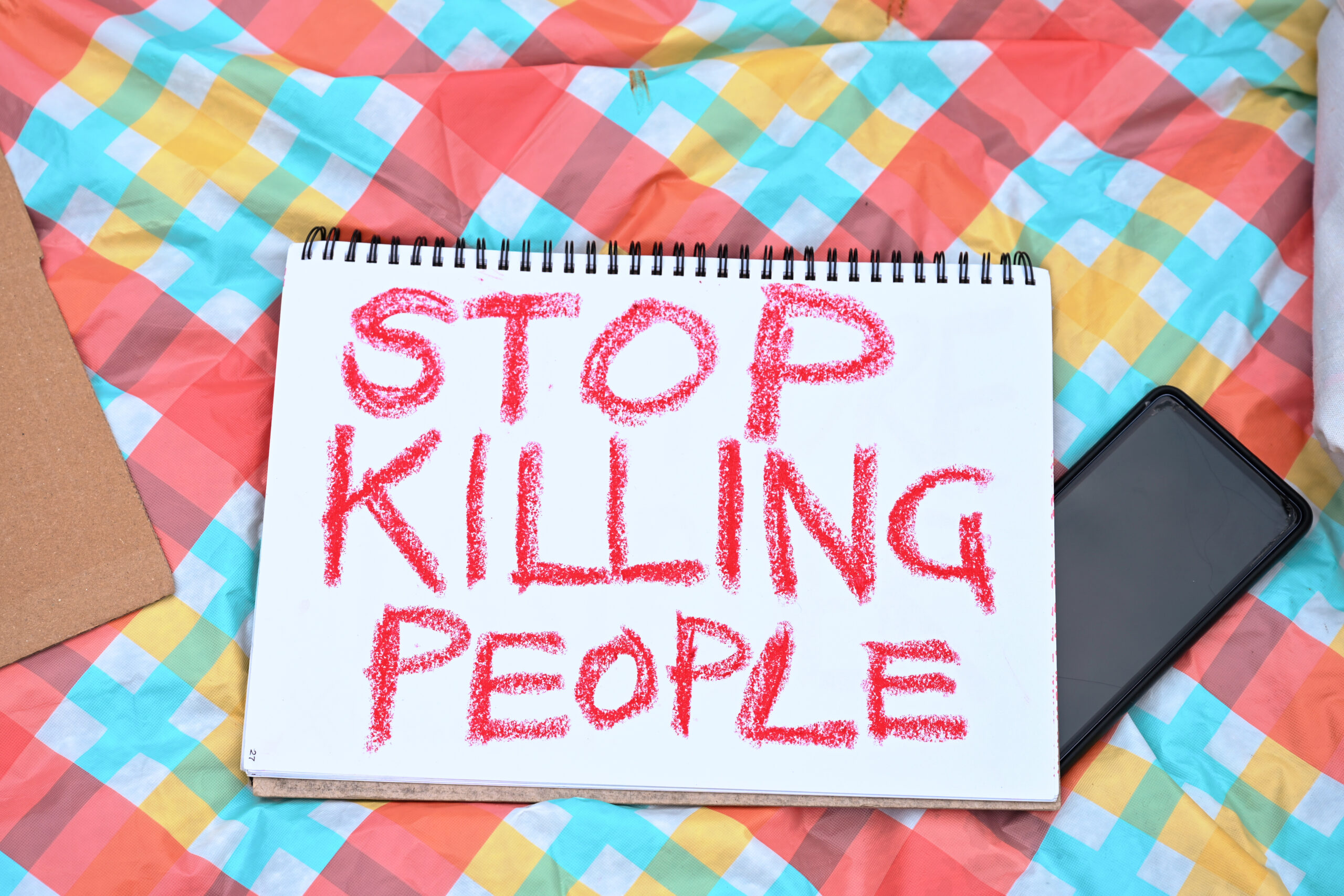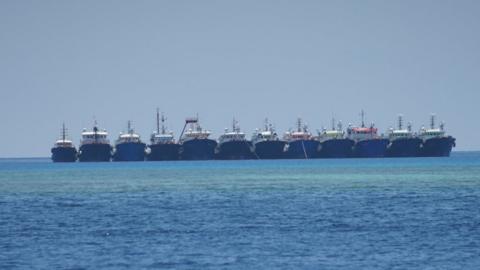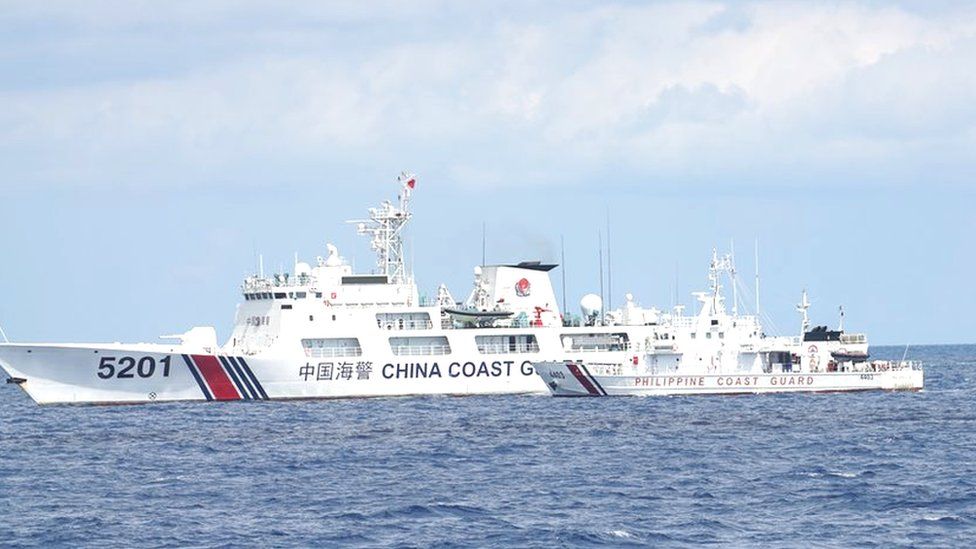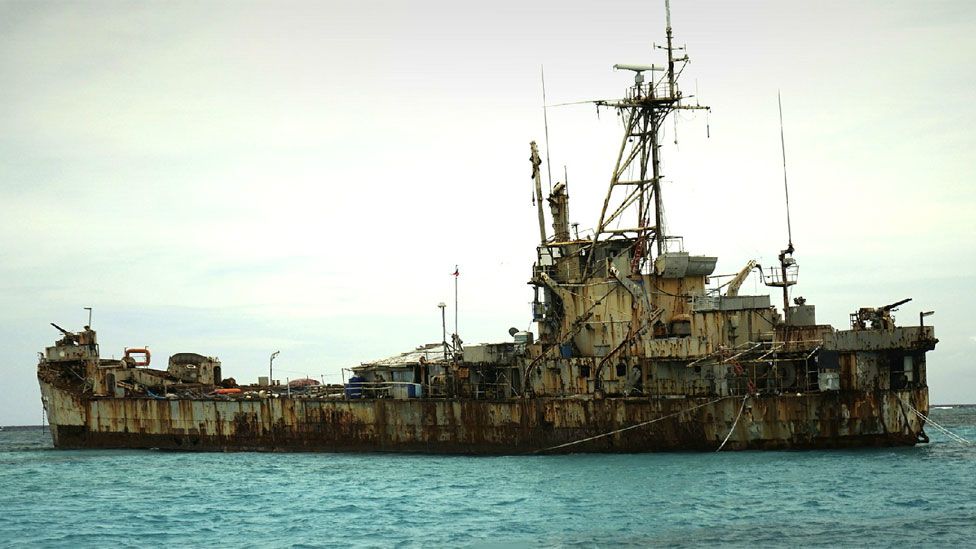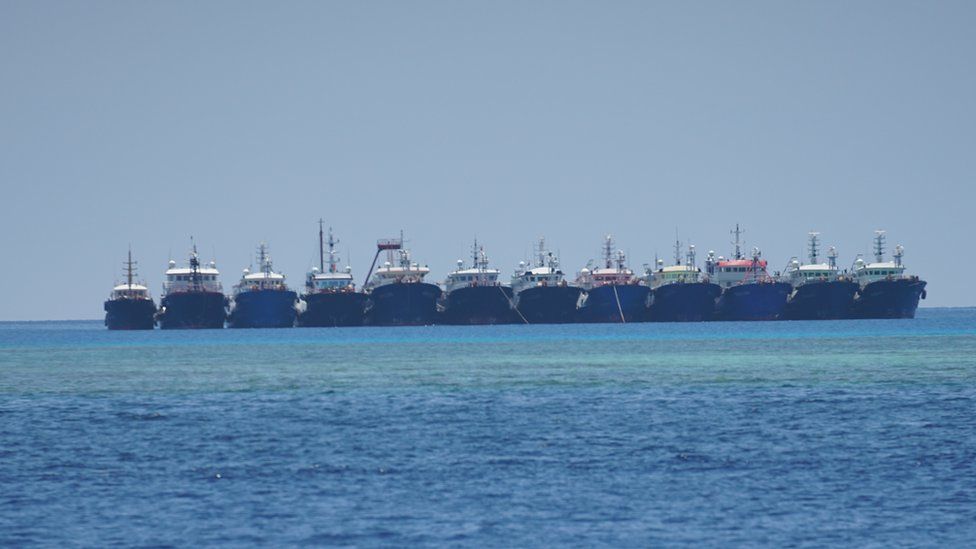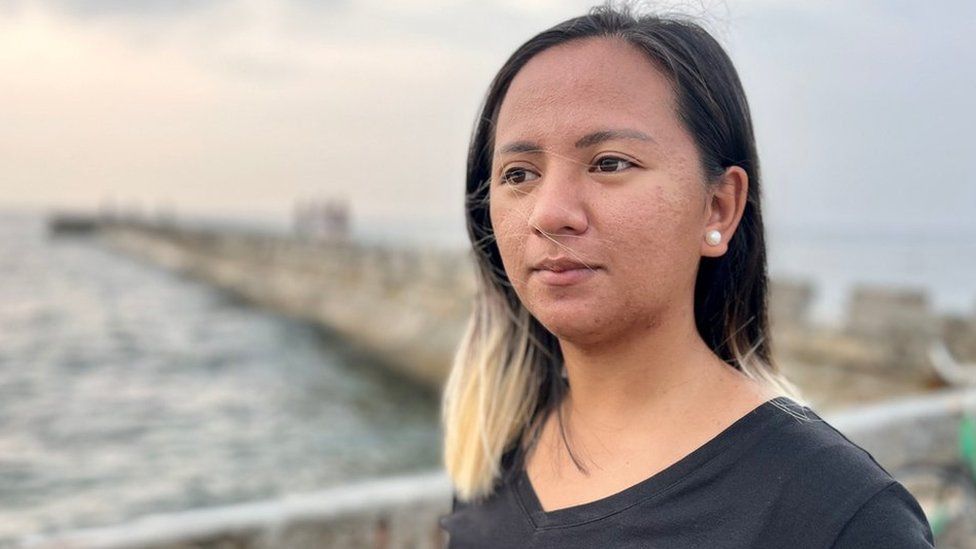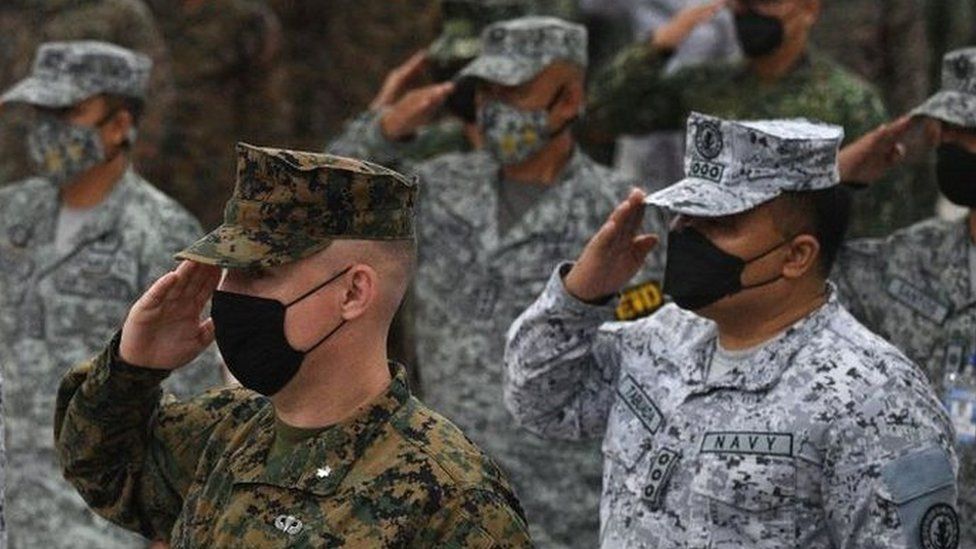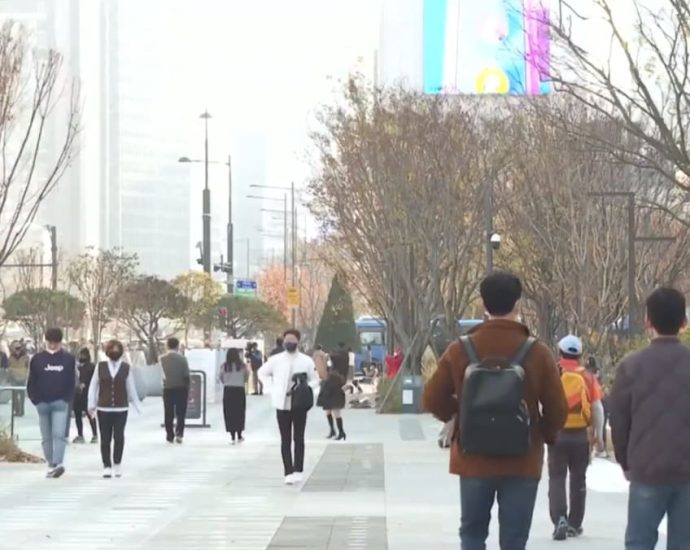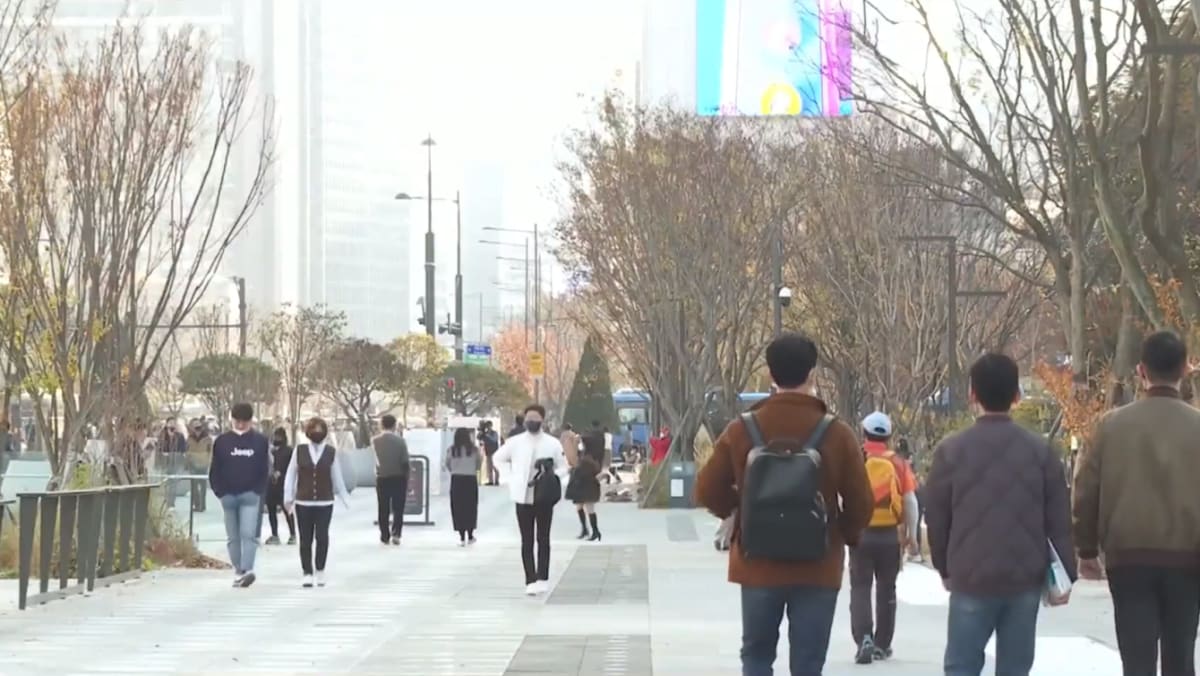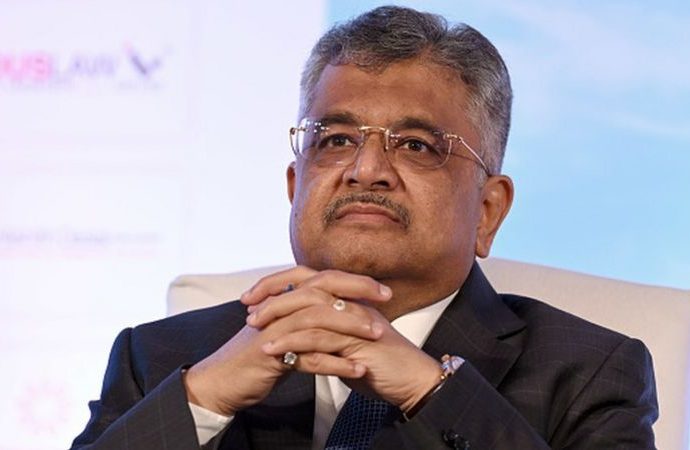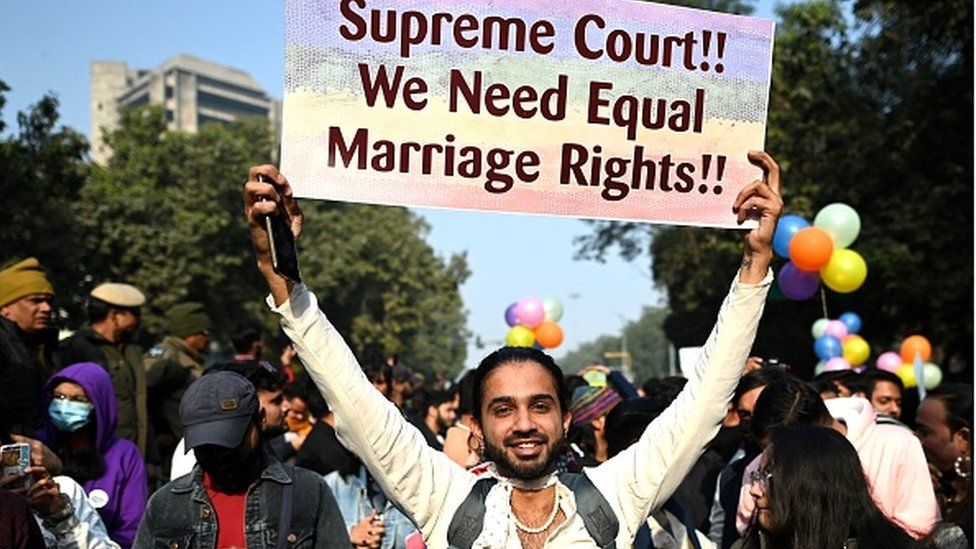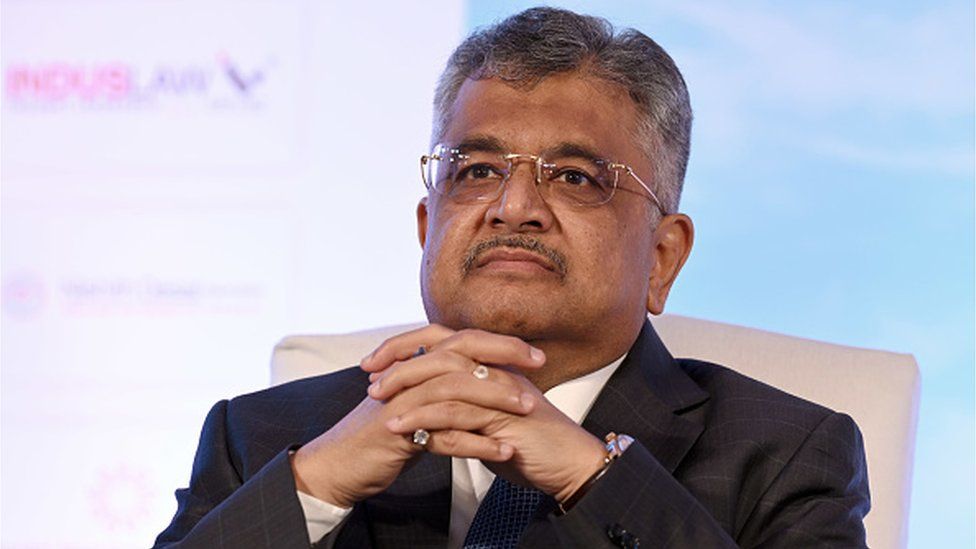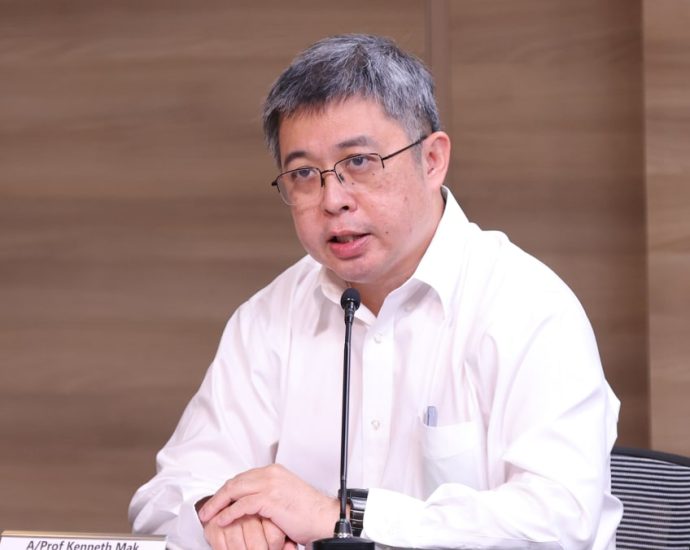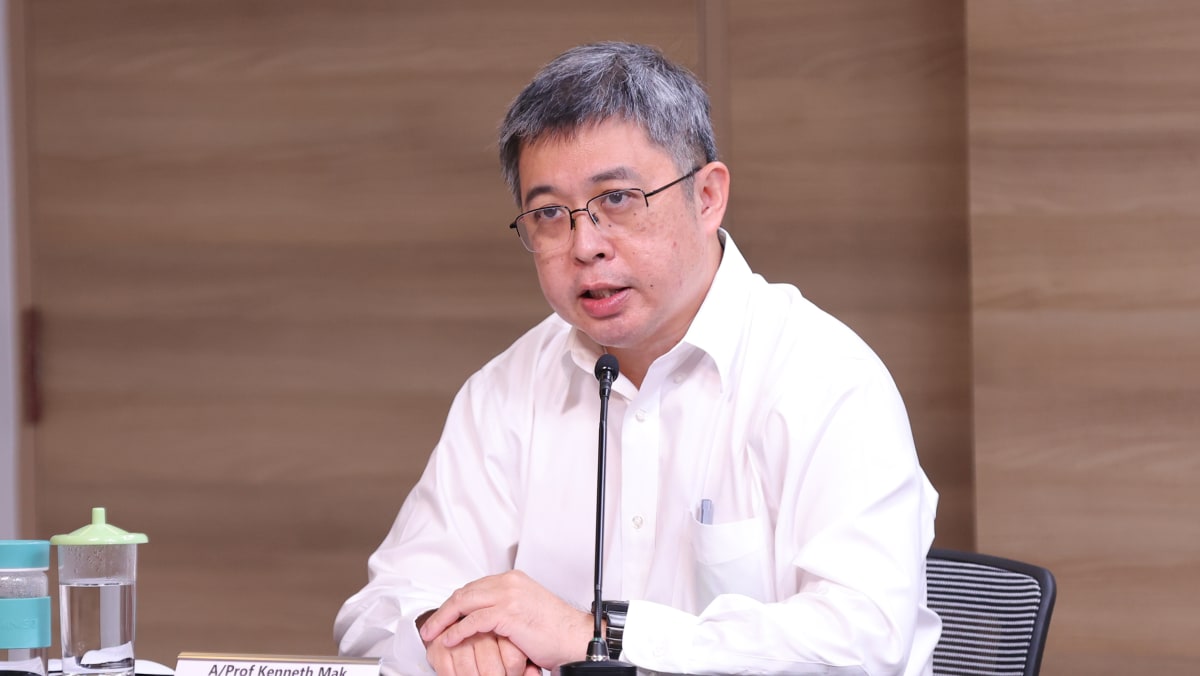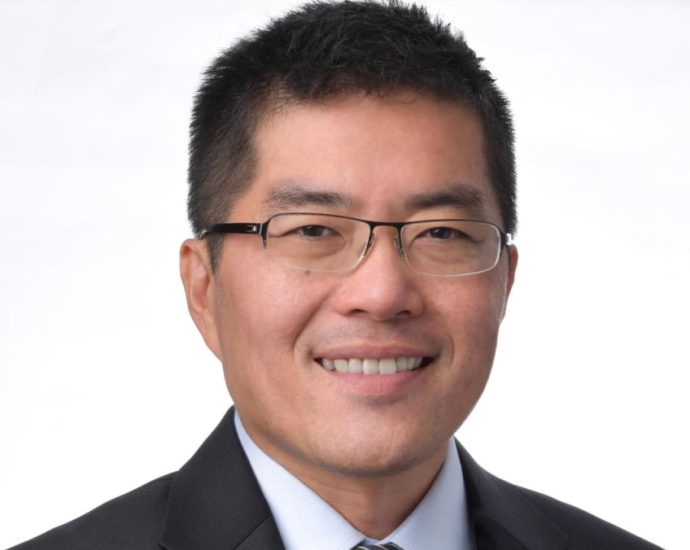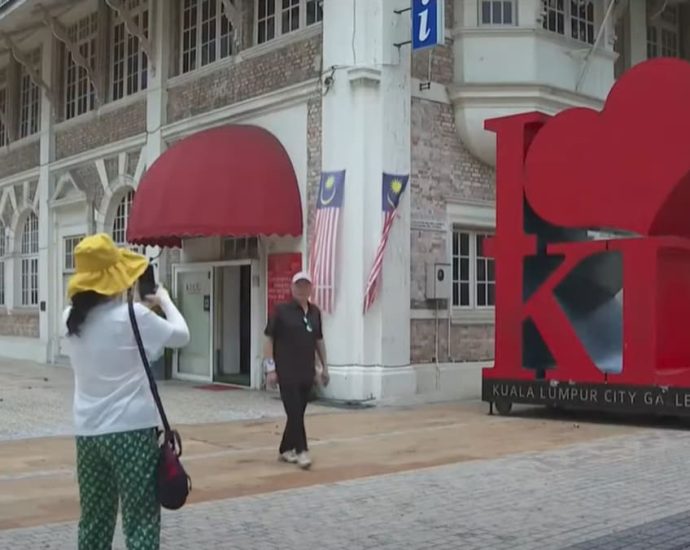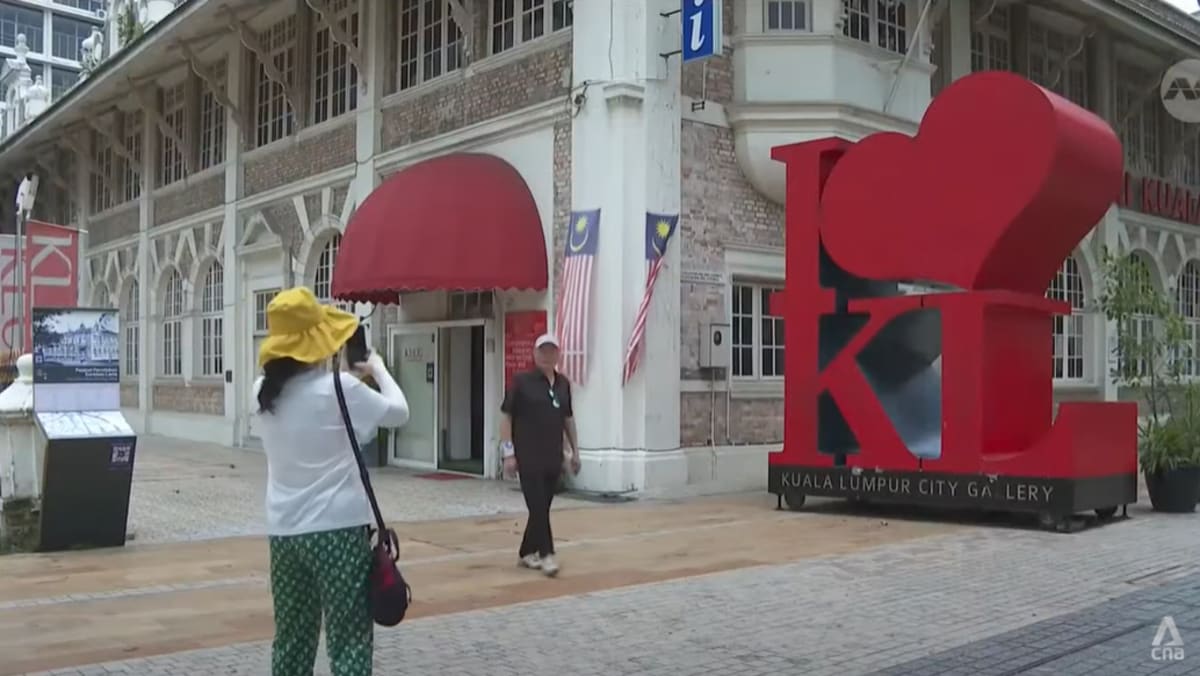Will Anwar help set Najib free?
KUALA LUMPUR and SINGAPORE – Malaysian Prime Minister Anwar Ibrahim, a politician who went from prisoner to prime minister, must make a decision that will define his long-sought premiership.
Will he collude with a graft-tainted coalition partner seen as launching scurrilous attacks on the judiciary in a bid to exonerate its jailed former leader – ex-prime minister Najib Razak – or will he abide by the principles of reform and good governance that he has long-claimed to uphold?
The question has unsettled reform-minded Malaysians who see the Pakatan Harapan (PH) chairman as their last best hope of righting the wrongs of a political system that has for decades been riddled with corruption.
Even when Anwar opted to join forces with his long-time nemesis the United Malays National Organization (UMNO) after November’s election, he was given the benefit of the doubt.
But to the dismay of many supporters of his “reformasi” cause, the 73-old-premier has stood by, seemingly reluctant to push back against his UMNO coalition partners agitating for their former leader’s freedom.
While Najib’s fate is by no means Anwar’s decision alone, analysts see him wielding significant influence as a member of a committee evaluating his potential pardon.
Those in the jailed ex-premier’s inner circle say Anwar has more to gain than lose politically by acquiescing to UMNO’s demands.
“The pardon just makes sense for Anwar’s political survival. And if he really wants to do the things he wants to do in terms of reforming the system, he needs that time and he needs that support,” said a source close to Najib who requested anonymity.
“His position is very precarious, actually. Anwar is wholly reliant on UMNO, and if UMNO withdraws its support, the entire house of cards can come crumbling down,” the same source told Asia Times.
“The precedent has been set by Anwar himself. With political will, the pardons board can convene within a week, which is exactly what happened in his case,” the source said.
It was just a week after the PH coalition first won power in May 2018 that Anwar, then serving his second stint in prison on sodomy charges widely criticized both within Malaysia and internationally as being politically motivated, received a royal pardon from the nation’s then-constitutional monarch, who acceded to a recommendation from a Pardons Board for his release.

Incumbent premiers do not normally sit on Pardons Boards. However, due to a technicality – a federal territories minister who would ordinarily take part has not been appointed, placing the post’s responsibilities under the Prime Minister’s Department – Anwar confirmed on April 8 his participation in Najib’s royal pardon process as the de facto federal territories minister.
The Federal Territories Pardons Board would ordinarily consist of the attorney-general, the federal territories minister and three members appointed by the king, who chairs the board’s meetings. Former attorney-general Tommy Thomas previously said the board meets three to four times a year and considers about 10 applications per sitting; its deliberations are not made public.
Anwar has denied that there would be any conflict of interest resulting from his participation, telling reporters that the final decision on a pardon was the sole discretion of Malaysia’s king, the Yang di-Pertuan Agong. “The process of requesting pardon is granted to and can be brought by whomever. Surely, we will abide by the due processes, and I will be a part of that process,” Anwar said.
“The king may not follow the board’s opinion but must consider it,” said the Najib-linked source, “and ultimate discretion is vested in him to decide. But although the king has discretion, obviously with a favorable recommendation it makes it more palatable for him to proceed. If Anwar supports the pardon, it will make a huge difference, because traditionally the king is meant to act on advice.”
Najib, who served as prime minister and finance minister concurrently from 2009-18, began serving a 12-year jail sentence last August after the Federal Court unanimously upheld a guilty conviction on charges related to a multi-billion dollar corruption scandal at state fund 1Malaysia Development Berhad (1MDB), making him the country’s first-ever former prime minister to be imprisoned.
He has consistently maintained his innocence and claims he did not receive a fair trial while accusing a judge who convicted him, Mohd Nazlan Mohd Ghazali, of having a conflict of interest. The ex-premier had changed legal teams prior to his final appeal, and when the bench refused to adjourn the hearings, he claimed his counsel had not been given enough time to study case documents.
On March 31 this year, the apex court dismissed a bid for a judicial review of the 69-year-old’s corruption conviction, whereby Najib was found to have illegally received 42 million ringgit (US$9.4 million) from SRC International, a former unit of 1MDB, with a majority 4-1 verdict. The former leader and his legal team have since attempted to leverage last month’s sole dissenting judgment.
In his minority ruling, Chief Judge of Sabah and Sarawak Abdul Rahman Sebli held that the court’s refusal to allow a postponement had resulted in Najib being denied a fair trial. Najib’s lead counsel Muhammad Shafee Abdullah had said he would use the dissenting judgment to support Najib’s pardon application and potentially file a second judicial review application.
But given that 13 out of 14 judges during four court proceedings upheld his conviction, most legal experts say a second review bid is a longshot, making a royal pardon Najib’s only remaining avenue for an early release. The dissenting ruling has, in any case, served as a cue for UMNO to dial up its political campaign to “Save Najib”, who the party claims is being selectively persecuted.

After the apex court dismissed Najib’s review application, with the four other judges ruling that “the applicant was the author of his own misfortunes”, UMNO’s supreme council announced that it would petition the king, Malaysia’s titular head of state, to grant the former premier a full pardon, presenting the palace with a memorandum signed by all 191 party division leaders.
UMNO’s request for Najib’s pardon spurred speculation that he could be released from jail before Eid celebrations marking the end of the Islamic holy month of Ramadan, which did not come to pass. It also raised tensions within Anwar’s ruling “unity government”, with a cabinet minister reiterating the pardon was “not the government’s stand but that of UMNO as a political party.”
Prominent figures in PH’s camp warned Anwar that his administration would be at stake if Najib is set free or if graft charges against UMNO president and Deputy Prime Minister Ahmad Zahid Hamidi were dropped. Some UMNO politicians have, in turn, claimed that PH fears UMNO becoming more powerful if Najib is eventually pardoned and permitted to rejoin the political fray.
Zahid is credited with playing a pivotal role in bringing UMNO and PH together after November’s poll resulted in a hung parliament, a political deal that controversially saw him appointed as deputy premier. On April 10, courts granted him a four-month adjournment of proceedings in his corruption trial on the basis that the prosecution would need time to study new evidence his legal team had earlier presented.
That is despite Zahid already being ordered to enter his defense on 47 charges brought against him in relation to the alleged laundering of millions of ringgit belonging to a charity foundation, Yayasan Akalbudi, in which he is the trustee and sole signatory for checks. Courts have also opted to permanently return Zahid’s passport for international travel to attend official functions.
That is despite Zahid already being ordered to enter his defense on 47 charges brought against him in relation to the alleged laundering of millions of ringgit belonging to a charity foundation, Yayasan Akalbudi, in which he is the trustee and sole signatory for checks. Courts have also opted to permanently return Zahid’s passport for international travel to attend official functions.
Zahid, who earlier this month petitioned the attorney-general to have all his charges dropped, maintains that UMNO’s appeal in support of Najib’s pardon is in accordance with existing legal procedures and lodged without political pressure. He was quoted in local media saying the decision “will be up to the Pardons Board” on which Anwar sits, rather than emphasizing the king’s discretion.

Should Anwar recommend that Najib be pardoned, it would undoubtedly be seen by some of his supporters as a betrayal of his principles. Though with Najib widely regarded as an influential figure who would likely campaign for whichever government UMNO is aligned, some party strategists see his re-entry into politics as key to rebuilding political support.
Polls to elect six state governments in Malaysia due to be held in July are being regarded as an early referendum on Anwar’s leadership, as well as the odd couple pairing of UMNO and PH. All eyes will be on whether UMNO can claw back support from the ethnic Malay majority, the crucial vote bank that turned away from the party at November’s general election.
Anwar’s unity government is expected to face stiff competition from opposition bloc Perikatan Nasional (PN) led by former prime minister Muhyiddin Yassin, who on March 10 became the latest prominent politician to be charged with graft and embezzlement over the alleged misuse of funds from a Covid-19 stimulus initiative during his brief 17-month premiership in 2020-21.
Muhyiddin maintains his innocence and has described the charges as “selective prosecution”, a view many of his supporters likely share. The PN coalition outperformed at the latest general election, particularly among UMNO’s traditional base of ethnic Malay voters, and some observers believe the opposition bloc will enjoy sweeping victories at upcoming state elections.
“UMNO and PH right now need each other, and in about three or four months you will see them get completely obliterated by PN in the state elections,” argued the Najib-linked source who requested anonymity. “You will see Muhyiddin’s party wiping the floor with them. It’s that bad. Najib’s popularity would then become a factor in which [the unity government] would need to court.”
Prior to his imprisonment, Najib relished his role as UMNO’s star political campaigner, rousing his loyal support base on the hustings at state polls in 2021-22 that his Barisan Nasional (BN) coalition won. But there is much debate about the true extent of Najib’s popularity, with observers arguing his pardon could either rejuvenate UMNO or, conversely, further strengthen PN as a viable alternative.
The prospect of a royal pardon has also led some to speculate about Najib’s personal relationship with Malaysia’s king, Sultan Abdullah Sultan Ahmad Shah, who is the ruler of the former premier’s home state of Pahang. Najib is known to be one of the four highest-ranking nobles below the monarch at the Pahang Royal Court, roughly equivalent to a Duke in European peerage.
Najib was the longest-serving elected representative of Pekan, the town in Pahang state where its royal family resides, holding the seat continuously from 1976 to 2022 except for four years when he served as the state’s chief minister. He was controversially invited to attend events at the Istana Negara, or national palace, while he was still appealing his criminal conviction.
Prison regulations in Malaysia allow a prisoner to send a petition seeking clemency “as soon as practicable” after their conviction. Najib, who is jailed at Kajang Prison on the outskirts of the capital Kuala Lumpur, is known to have filed his application for a royal pardon last September, only days after beginning his sentence.

“Pardons, at their best, are public policy decisions, and at their worst political ones. It would appear that in this case, the latter is likely to overwhelmingly trump the former,” said Oh Ei Sun, a senior fellow at the Singapore Institute of International Affairs (SIIA). “It is likely that as a parting gesture, the king would pardon Najib, a fellow Pahangite and a long-time friend.”
Sultan Abdullah’s tenure as the Yang di-Pertuan Agong, which began in 2019 after his predecessor tended a rare resignation, is due to expire in 2024. Some observers speculate that he may grant Najib’s pardon prior to one of eight other hereditary rulers of the Malay states take their turn to serve as king for a five-year term under Malaysia’s unique rotational federal monarchy system.
“The recommendation of the pardons board would not be publicly known. As such, any decision could be attributed to His Majesty’s discretion,” added Oh, who was previously Najib’s political secretary from 2009-11. He remarked that while UMNO would be upset if his pardon is denied, it would likely not abandon its “number two” position in government over the matter, particularly when it would be relegated to a “number three” position within a PN administration.
Shad Saleem Faruqi, a legal scholar and professor of law at the University of Malaya, is more skeptical of Najib’s pardon prospects. “In a case of this sort, Najib’s case, there are huge implications for the nation’s rule of law, its politics, its economy, its foreign relations, and I think these would certainly be taken into consideration,” he told Asia Times.
A royal pardon, furthermore, would only pertain to the offense for which Najib has already been convicted and not the other three corruption-related court cases he faces. Moreover, the power to institute future proceedings or withdraw existing charges for an offense belongs to the attorney-general, advised Shad, not the king.
Shad, who is widely considered to be one of Malaysia’s foremost constitutional law experts, said while there is no minimum period needed to be served by a prisoner before their full pardon is granted, “there is a whole line of judicial decisions which say that the advice of the pardons board is not binding on the king, and the matter is non-reviewable in a court of law.”
“If there is, if you want to call it politely, political will, or if there is political pressure, [the Pardons Board] can examine the petition for a pardon as soon as His Majesty’s timetable permits and a decision can be made very fast, as happened in Anwar Ibrahim’s case. But the king can still resist such political pressures because of his discretion.”
Apart from a full pardon, the monarch may opt for a reduction or commutation of Najib’s sentence, Shad suggested. “It’s entirely possible that the king may not pardon. The king may resort to remission whereby he reduces the 12 years to whichever period he wishes. There are a lot of possibilities,” he added.
“I do hope and pray that His Majesty will be informed of all the implications for rule of law that surround this very, very remarkable case of what is probably the biggest heist of the last century,” Shad told Asia Times.
“I think His Majesty is quite aware of the implications of this on the royal institution itself, and whatever decision he makes will be considered by him quite thoroughly.”
Nick Kochan reported from Kuala Lumpur; Nile Bowie reported from Singapore

